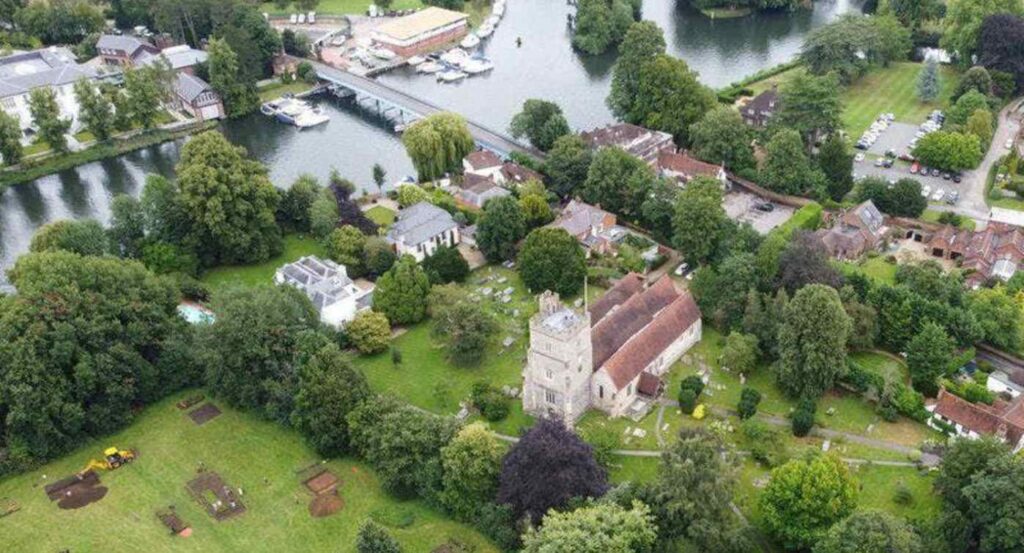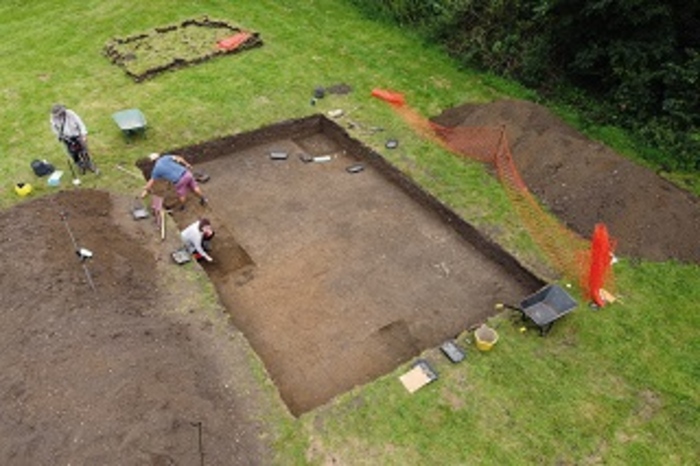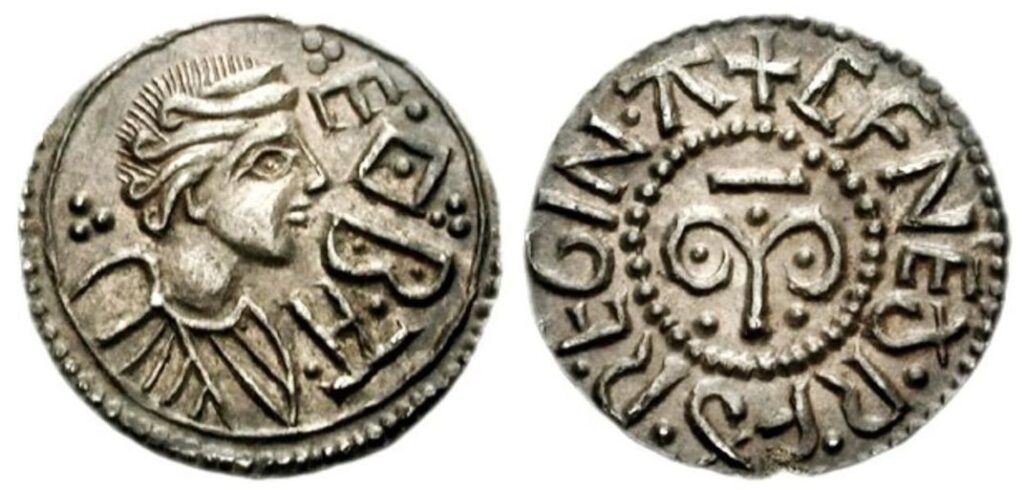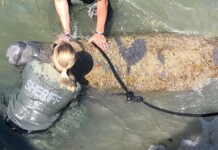
The seat of power for one of the most influential women in Medieval English history, Queen Cynethryth, has been discovered in a small Berkshire village.
A lost monastery in Cookham where Cynethryth ruled as abbess was located by a team from the University of Reading and local volunteers, and consists of the timber remains of buildings where the monks and nuns lived, as well as artifacts such as jewelry, crockery, and personal items.
Cynethryth was the wife of King Offa. The two ruled the old kingdom of Mercia in the four decades before the arrival of the Vikings in 793CE, and were determined to bring Christian values and better court decorum to their land.
“Cynethryth is a fascinating figure, a female leader who clearly had genuine status and influence in her lifetime,” said Dr. Gabor Thomas, the University of Reading archaeologist leading the excavation.
“The items that have been uncovered will allow us to piece together a detailed impression of how the monks and nuns who lived here ate, worked and dressed. This will shed new light on how Anglo-Saxon monasteries were organized and what life was like in them,” he said.
The power couple
While the details of almost anyone living in Britain during this period—even a king or queen, are scant, two discoveries bear testimony to the power wielded by Cynethryth during her life.
MORE: Woman Collecting Shellfish Discovers Dinosaur Footprint of ‘Jurassic Giant’

Coins minted during the reign of Offa and Cynethryth featured her visage, one of very few examples in all of Western Europe, much less England, and when King Offa exchanged letters with his opposite number in France (Charlemagne), to whom he considered himself equal, Charlemagne would address the letters to both Offa and Cynethryth by name.

Writing by Susan Abernethy at The Medievalists tells us that people in the know—in this case a poet/teacher/English scholar/ecclesiastical figure named Alcuin who was a contemporary of Offa and Cynethryth—considered her very important indeed.
RELATED: King Khufu’s Solar Boat Is on the Move After 4,600 Years Next to Egyptian Pyramids
“In a letter Alcuin wrote during Offa’s reign, he hints that Cynethryth was too busy with the king’s business to read correspondence,” writes Abernethy. In another letter he designates her as ‘mistress of the royal household’ and calls her pious. Alcuin emphasizes the legitimacy of her marriage with Offa and the legitimacy of her children and their suitability to inherit the throne of Mercia.”
The discovery of her monastery was made along the River Thames on the grounds of the modern Holy Trinity Church, a rumored location of the monastery where, following the passing of her husband, she ruled as “royal abbess” from the year 796 until her death.
The monastery’s position along the Thames is not only the modern border of Berkshire, but during the 790s was also the disputed border between Mercia and another Medieval kingdom called Wessex, highlighting the political and strategic importance of the site.
Livia Gershon, writing for Smithsonian, reports, “excavations showed that the building was constructed on a gravel island that raised it above areas that faced frequent flooding. The site was divided into zones, including a housing area and another with a cluster of hearths that were probably used for metalworking.”
POPULAR: Locals Digging a Well Accidentally Discover a $140 Million Star Sapphire Weighing Half a Ton
As a religious and royal figure, the team from Reading expect that her remains are to be found at the site, an incredibly exciting potential discovery, as the physical remains of a person can be used to create 3D imaging of what the powerful queen might have looked like.
ADD This Story to the Throne of Good News Shares on Social Media…



















